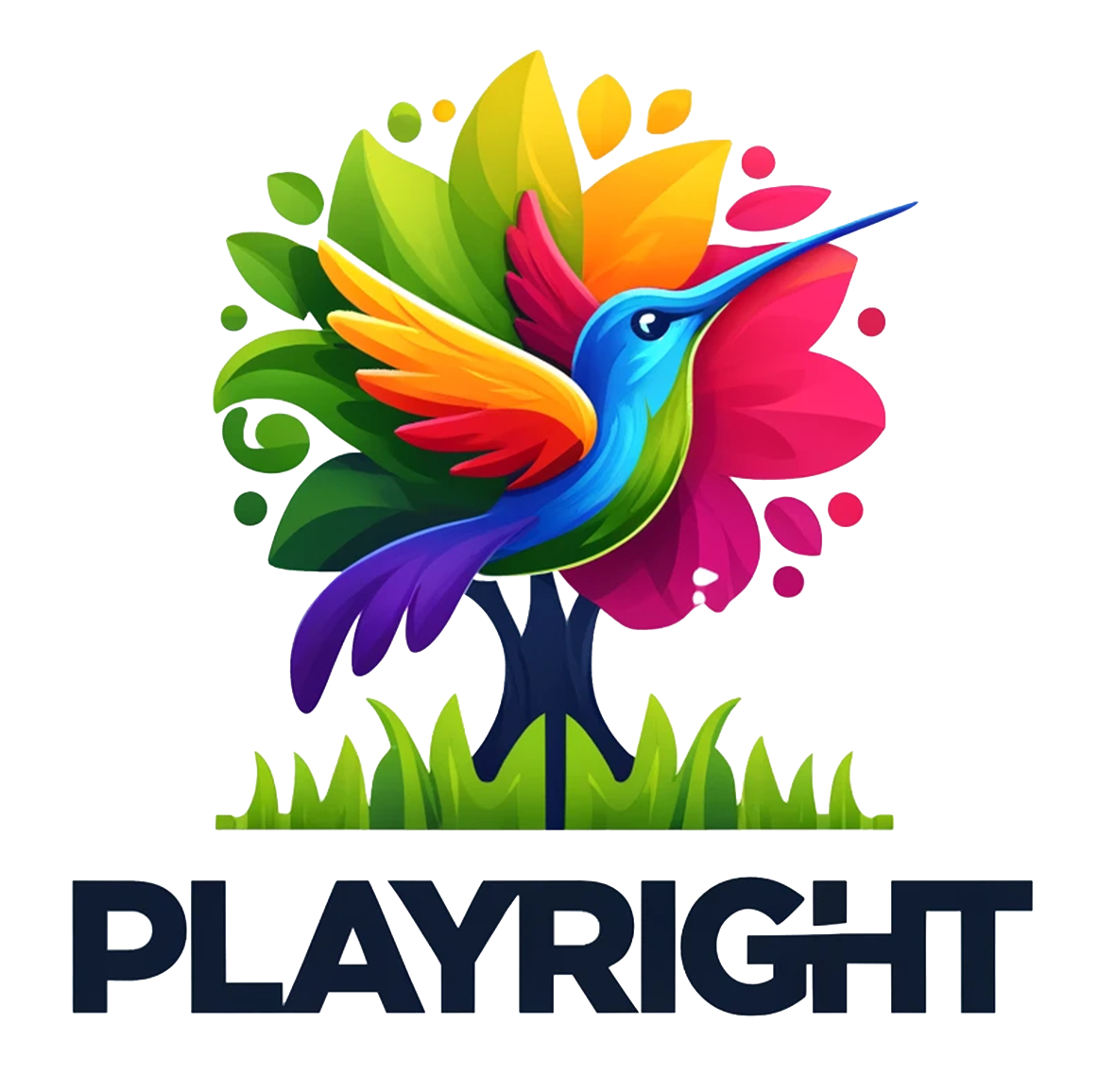Are Schools Putting Too Much Pressure on Our Children?
Yes, from a professional standpoint, I think public schools put far too much pressure on our children to perform beyond what is age-appropriate. Nowadays, school seems to be about more than just reading, writing, and arithmetic. The pressure dial has been cranked up to eleven. Let's unpack this a bit, shall we?
The Pressure Pot
First off, it's not just you who are noticing this. Many kids feel squeezed from all sides—homework, grades, after-school activities. And it's not just the school; it's us parents, their friends, and sometimes the pressure they put on themselves. All of this can lead to stress, trouble sleeping or even losing interest in learning, which is the last thing we want.
But here's a thought—a little bit of challenge is good. It helps them grow. The trick is finding that sweet spot where it's motivating but not overwhelming.
How We Can Help
You’re the parent, and although life can get complicated, you get to pick how your child is educated. I've got a few ideas we could explore to see if managing is the best first step.
'Growth' Mindset: How about we focus more on the effort and less on the outcome? Celebrating the trying and the improvement could be empowering.
Encouraging Balance: This is huge. Making sure there's time for play, relaxation, and hobbies can actually help academic performance. It's all about recharging those batteries.
Open Communication: Let's ensure they feel comfortable coming to us with school worries. We don't judge; we just support them.
Partnering with Their School: It might be helpful to chat with their teachers or counselors to make sure we're all on the same page about what's reasonable in terms of workload and expectations.
When to Reassess
Sometimes, despite our best efforts, it feels too much for them. If you're seeing big changes in their mood, them pulling away from friends, or a drop in grades, it might be a signal to reassess. A slight adjustment may be needed, or maybe even exploring different learning environments or styles that might suit them better.
Exploring Alternatives
There's a whole world of alternative education models out there, places that focus more on individual interests, learning paces, and hands-on experiences. If the traditional path isn't quite fitting, it might be worth looking into. Typically, public schools and many private schools adjust the curriculum based on a large population model or try to meet State testing requirements for funding, which places heavy stress on kids to meet these goals.
Focusing on local alternatives for grade school children gives us a more practical approach to finding the right educational fit for each child.
Local Charter Schools: These schools offer innovative educational programs with a degree of flexibility not typically found in traditional public schools. They're publicly funded and can provide specialized themes or teaching methods.
Community Magnet Schools: Magnet schools focus on specific subjects like STEM (Science, Technology, Engineering, and Mathematics), the arts, or languages, allowing grade school kids to delve deeply into areas of interest from an early age.
Homeschooling: A highly personalized education where parents or guardians tailor the curriculum to fit their child's learning style, pace, and interests. Local homeschooling groups often offer communal learning opportunities and social engagement.
Local Private Schools: These can offer smaller class sizes and specialized programs that might not be available in the public system. Many private schools have a specific educational focus, such as Montessori or religious-based education, providing diverse options within the local community.
After-School Educational Programs: Not a full alternative to traditional schooling but a valuable supplement. These programs can offer focused instruction or tutoring in areas like reading, math, science, or art, providing a more rounded educational experience.
Co-ops and Educational Collectives: Groups of families who come together to share resources and teaching responsibilities for their children. These collectives often focus on experiential learning and community-based education and supplement many homeschool situations.
Local Online Schools or Blended Learning Programs: Some districts offer online education or a hybrid model that combines online learning with in-person instruction. This can be a great alternative for students who thrive in a more flexible learning environment.
Wrapping Up
Moving through the school years is like steering a ship through uncharted waters. Our job is to help guide our kids, making sure they're grabbing all the good stuff—knowledge, skills, friendships—without getting swamped by stress. By keeping an eye out for balance, being there to chat, and knowing when to maybe chart a different course, we're setting them up not just for academic success but for a happier, more rounded life.
Kimberley Arnett-DeSimone, a career pediatric occupational therapist in Huntersville, North Carolina, authored this post.




